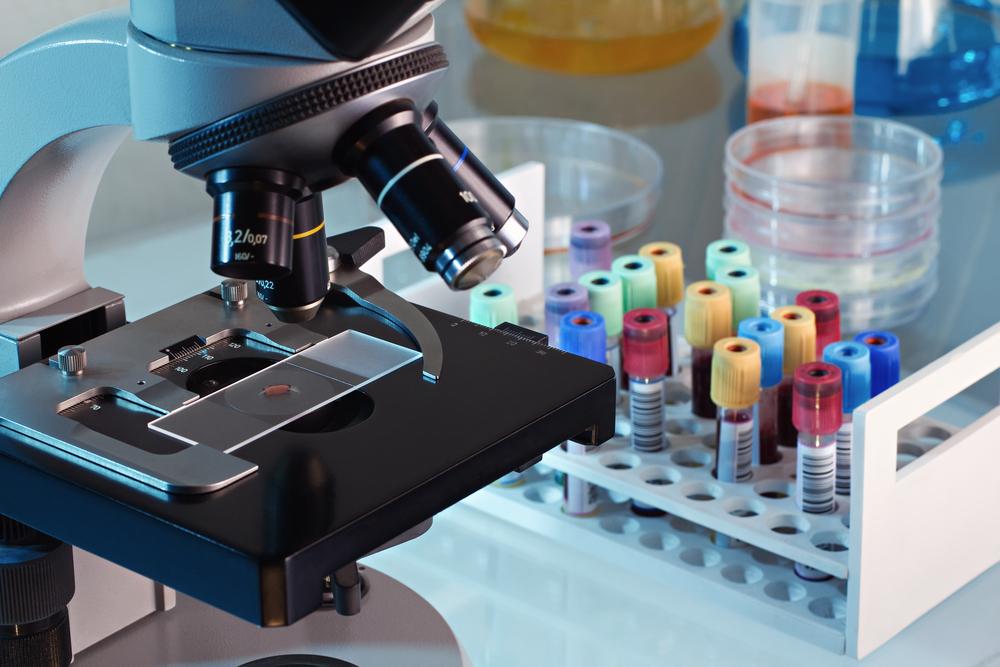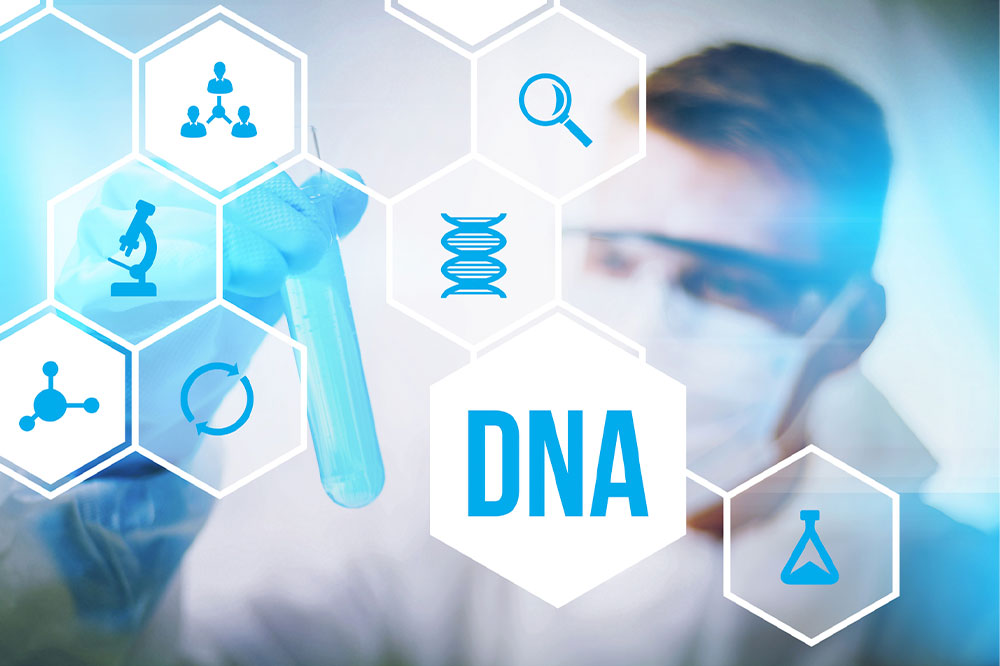Uncover Your Heritage with Genetic Testing: Comprehensive Methods and Insights
Discover the power of genetic testing to explore your ancestral roots and uncover family connections. Learn about SNP, Y-chromosome, and mitochondrial DNA tests, their methodologies, and how they help trace your lineage. This comprehensive guide highlights the benefits and limitations of genetic genealogy, emphasizing how combining DNA analysis with traditional research can deepen your understanding of your heritage. Perfect for genealogy enthusiasts and anyone interested in personal history, this article explores the scientific methods behind uncovering your family's story and migration history, opening a new chapter in personal discovery.

For those eager to explore their ancestral roots and gain a deeper understanding of their family history, genetic testing has become an invaluable tool that complements traditional genealogical research. By analyzing your DNA, you can uncover details about your ethnic composition, ancestral origins, and familial connections that might have remained hidden through historical records alone. This scientific approach provides a personalized window into your past, revealing how different strands of your lineage intertwine across generations.
Genetic testing for genealogy is a powerful method that leverages the unique variations in your DNA to determine your heritage. It helps answer fundamental questions such as where your ancestors originated geographically, which populations you are most closely related to, and how various family lines are interconnected. The closer the genetic match between individuals, the more compelling the evidence of a shared ancestors or familial link.
Understanding the different testing methods available can help you choose the best option to suit your research goals. There are three primary types of genealogy-focused genetic tests, each serving a distinct purpose and providing specific insights into your lineage:
SNP Testing (Single Nucleotide Polymorphism Testing): This comprehensive testing method examines millions of individual genetic markers known as SNPs across your entire genome. By evaluating these variants, SNP testing provides an estimation of your global ethnic makeup—for instance, percentages indicating European, Asian, African, or Native American ancestry. The data collected is stored in extensive databases, which are then used for comparison against others’ genetic profiles, helping to determine potential familial relationships and ancestral origins.
Y-Chromosome Testing: This test focuses exclusively on the Y chromosome, which is passed directly from father to son. It is used primarily to trace paternal lineage and determine if two men share a common paternal ancestor. Since only males possess a Y chromosome, this test is applicable specifically to men. It can also provide insights into migration patterns and origins of paternal lines, as well as establish whether two families sharing a surname are genetically related through their paternal roots.
Mitochondrial DNA (mtDNA) Testing: Unlike Y-chromosome testing, mitochondrial DNA is inherited from mothers by both sons and daughters. This test explores the maternal lineage, providing a window into your female ancestors' history. Since mtDNA is passed unchanged from mother to child over generations, it is particularly useful for tracing maternal ancestors and understanding migratory paths of female ancestors. This testing option is open to all genders, making it a versatile tool in genealogical research.
While genetic testing offers remarkable insights into your ancestry and heritage, it is important to recognize its limitations. The accuracy and depth of the information depend heavily on the size and diversity of genetic databases available for comparison. These databases are continually expanding but may still lack representation from certain regions or populations, which can affect the precision of ethnicity estimates. Nonetheless, many testing services provide platforms where individuals can share their genetic data, connect with relatives, and uncover unknown family members—further enriching your understanding of your genealogy.
Moreover, combining genetic test results with traditional genealogy records, such as birth certificates and historical documents, can offer a comprehensive picture of your family history. As DNA testing technology advances and databases grow, the potential for discovering your ancestors’ stories and understanding your place in human history continues to expand. Whether you are a casual hobbyist or a serious genealogist, genetic testing opens a fascinating pathway into your personal heritage.
In conclusion, exploring your family roots through genetic testing provides an engaging, science-based method to uncover ancestral origins, familial links, and migration patterns that have shaped your identity. With various testing options tailored to different research needs, you can embark on a meaningful journey into your past and discover the stories that connect generations. As this technology evolves, the possibilities for personal and collective understanding of human history are richer than ever before.





